Every organization runs on processes—whether for onboarding new hires, managing approvals, or delivering products to customers. The challenge lies in making sure these processes are consistent, efficient, and transparent. This is where business process management (BPM) software comes in.
Modern BPM tools help teams automate repetitive tasks, reduce manual errors, and gain visibility into how work flows across different departments. As digital transformation, and now AI, continues to reshape workplaces, more companies are turning to BPM solutions to increase productivity, compliance, and customer satisfaction.
In this list, we will explore the top business process management software that help teams streamline operations, improve business processes, and enhance productivity across the board.
Top 15 business process management software for 2026
- Axero
- Kissflow
- Nintex
- Appian
- Process Street
- Zoho Creator
- Pipefy
- Monday.com
- Camunda
- Microsoft Power Automate
- Creatio
- TIBCO BPM
- IBM Business Automation Workflow
- Pega Platform
- Smartsheet
What is business process management software?
Business process management software enables organizations to design, analyze, and optimize workflows that define how work gets done. It provides a structured framework for modeling, automating, and monitoring business processes to ensure they are efficient and aligned with business goals.
In the simplest terms, business process management software help connect people, data, and systems. It allows you to map existing processes, identify bottlenecks, automate processes where possible, and track overall performance in real time. With business process management tools like dashboards, reports, and alerts, businesses can make informed decisions and implement changes faster.
What to consider when choosing the right business process management software
Finding the right business process management software requires the understanding of your common business processes, company values and goals, and technology stack. A good BPM software should be scalable, flexible, and easy to integrate with your existing tools, especially your company intranet.
Workflow automation
Look for a BPM software that can automate repetitive tasks and trigger approvals. This minimizes manual tasks, reduces costs and delays, and ensures consistency across processes.
Process modeling and visualization
The ability to design workflows through, say, drag-and-drop interfaces helps non-technical users manage business processes and refine them easily.
Integration capabilities
Your BPM software should integrate seamlessly with the tools you’re already using, whether that be CRM, HR, and internal communication platforms. This ensures streamlined workflows
Real-time analytics and reporting
Strong reporting tools help you identify bottlenecks, measure efficiency, and track compliance across processes.
Scalability and flexibility
As your business grows and business processes evolve, your BPM software must adapt to new processes, teams, departments, and technologies without needing a complete overhaul.
15 best business process management software
1. Axero
Axero is an industry-leading intranet software that combines BPM, collaboration, and knowledge management into one unified platform. Axero enables teams to automate businesses processes while keeping employees connected through communication tools, task tracking, and document management.
Key features of Axero:
- Process automation: Streamline approvals, onboarding, and document workflows through fully customizable templates.
- Collaboration spaces: Centralize communication and keep cross-functional teams aligned.
- Reports and analytics: Track engagement and process performance through detailed dashboards.
Best for: Organizations seeking an all-in-one platform that combines BPM, communication, and knowledge management.\
2. Kissflow
Kissflow provides a low-code platform for automating, building, and managing workflows. Its user-friendly interface enables non-technical users to create business processes without developer or IT support.
Key features of Kissflow:
- Drag-and-drop builder: Create workflows visually with no coding required.
- Form automation: Digitize and manage repetitive manual forms.
- Analytics: Monitor performance and track process efficiency.
Best for: Companies wanting quick deployment of automated workflows without heavy IT involvement.
3. Nintex
Nintex helps businesses streamline complex processes through automation, workflow design, and document generation. It’s widely used in regulated industries that must manage compliance risks.
Key features of Nintex:
- Process mapping: Visualize and optimize workflows.
- Automation tools: Integrate robotic process automation (RPA) and document management.
- Analytics: Gain real-time insights into process effectiveness.
Best for: Enterprises requiring robust automation and compliance tools.
4. Appian
Appian offers a comprehensive low-code BPM platform for building and automating enterprise-grade workflows. It’s designed to support business process management in highly regulated sectors such as financial services, finance, the public sector, and life sciences.
Key features of Appian:
- Low-code design: Quickly create apps and processes.
- AI assistance: Identify process inefficiencies using intelligent recommendations.
- Unified data model: Combine information from multiple systems in one view.
Best for: Large organizations with complex workflow needs.
5. Process Street
Process Street focuses on creating repeatable workflows and checklists that standardize how work gets done. Its simple design makes it ideal for teams new to business process management.
Key features of Process Street:
- Conditional logic: Build flexible workflows that adapt to inputs.
- Template library: Access pre-built processes for HR, IT, and operations.
- Automation integrations: Connect with over 1,000 apps using Zapier.
Best for: SMBs looking for lightweight process management.
6. Zoho Creator
Zoho Creator allows teams to build custom apps and automate workflows through a low-code, intuitive interface. It suits organizations that need flexibility in how processes are defined.
Key features of Zoho Creator:
- Custom app builder: Develop process-specific applications.
- Workflow automation: Set triggers and rules to automate routine tasks.
- Data analytics: Gain actionable insights with built-in reports.
Best for: Companies looking to build tailored process apps quickly.
7. Pipefy
Pipefy makes streamlining business processes achievable in as little as 5 minutes thanks to customizable pipelines and automation tools. It’s particularly strong for managing requests, approvals, and service delivery.
Key features of Pipefy:
- Kanban workflows: Visualize and manage progress easily.
- Automation rules: Eliminate repetitive tasks.
- Integrations: Connect with Slack, Jira, and Google Workspace.
Best for: Teams managing service requests or cross-department processes.
8. Monday.com
Monday.com combines project management and workflow automation in one platform. It helps teams track processes visually and collaborate efficiently.
Key features of Monday.com:
- Custom dashboards: Track workflow progress in real time.
- Automations: Set triggers for repetitive tasks and actions.
- Integrations: Connects with popular tools like Zoom, Slack, and Salesforce.
Best for: Teams that want visual process tracking and collaboration in one place.
9. Camunda
Camunda is an open-source BPM software designed for developers and enterprises that require flexibility and control.
Key features of Camunda:
- BPMN engine: Model and execute workflows with precision.
- API-first design: Integrate with custom applications easily.
- Scalability: Supports complex, high-volume processes.
Best for: Developers building scalable, custom BPM systems.
10. Microsoft Power Automate
Power Automate, part of Microsoft 365, allows users to create automated workflows that connect across apps and services.
Key features of Microsoft Power Automate:
- Prebuilt templates: Automate tasks quickly using existing flows.
- AI Builder: Incorporate intelligent decision-making into workflows.
- Integration with Microsoft apps: Connect seamlessly across Office 365 and Dynamics.
Best for: Businesses already using Microsoft ecosystems.
11. Creatio
Creatio offers a low-code platform combining CRM, BPM, and business process automation. It provides strong flexibility for business process design.
Key features of Creatio:
- Process designer: Map and modify workflows easily.
- Unified CRM and BPM: Combine process automation with customer data.
- AI analytics: Optimize workflows with performance insights.
Best for: Companies that need integrated BPM and CRM functionality.
12. TIBCO
TIBCO process automation platform helps enterprises coordinate people, systems, and data for improved business outcomes.
Key features of TIBCO BPM:
- Process orchestration: Unify systems and people under one process.
- Real-time monitoring: Gain visibility into operations.
- Event-driven automation: React to triggers automatically.
Best for: Large organizations handling complex business processes.
13. IBM® Business Automation Workflow
IBM® Business Automation Workflow combines workflow management and automation with AI-driven decision-making. It’s ideal for large enterprises prioritizing governance and compliance.
Key features of IBM® Business Automation Workflow:
- AI insights: Identify inefficiencies using IBM watsonx
- Integration tools: Connect with enterprise systems and databases.
- Governance controls: Maintain compliance and audit readiness.
Best for: Enterprises managing highly regulated operations.
14. Pega
Pega offers an advanced business process management suite that uses AI to optimize processes and personalize user experiences.
Key features of Pega Platform:
- AI-driven decisioning: Predict outcomes and improve efficiency.
- Case management: Manage complex, dynamic workflows.
- Omnichannel support: Deliver consistent experiences across touchpoints.
Best for: Enterprises focused on digital transformation and customer experience.
15. Smartsheet
Smartsheet is a collaborative work management platform that includes business process automation capabilities.
Key features of Smartsheet:
- Automation builder: Streamline routine updates and notifications.
- Project templates: Standardize routine tasks.
- Collaboration tools: Keep teams aligned through shared sheets and dashboards.
Best for: Teams looking for a familiar, spreadsheet-style business process management tools.
Streamline workflows and empower your teams
Effective business process management enables organizations to operate more efficiently and respond quickly to change. Whether you’re automating approvals or optimizing multi-step operations, the right BPM software ensures consistency, transparency, and agility across teams.
Axero goes beyond traditional BPM. Our social intranet platform gives you a central hub for communication, collaboration, and process automation—all in one place. Ready to see how it can help your organization work smarter? Book a demo today.




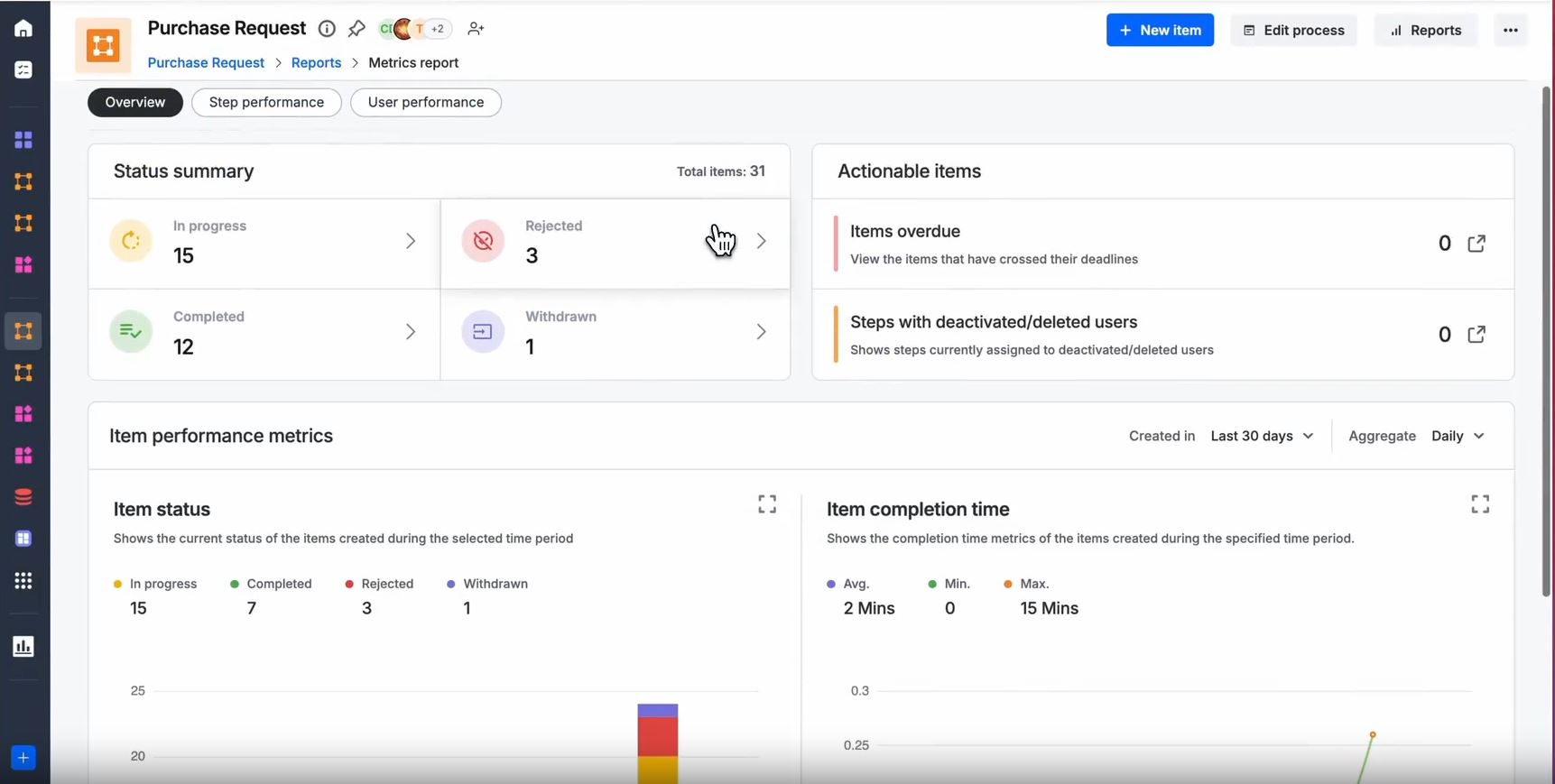
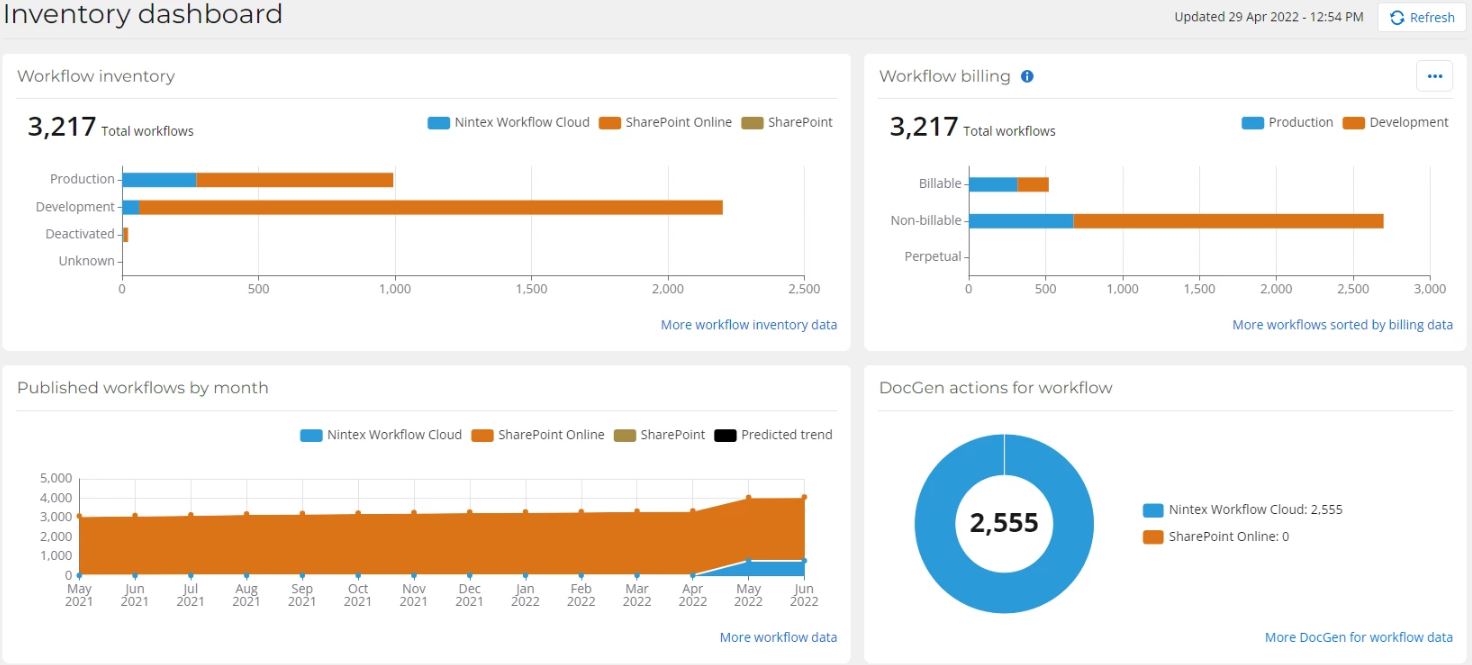
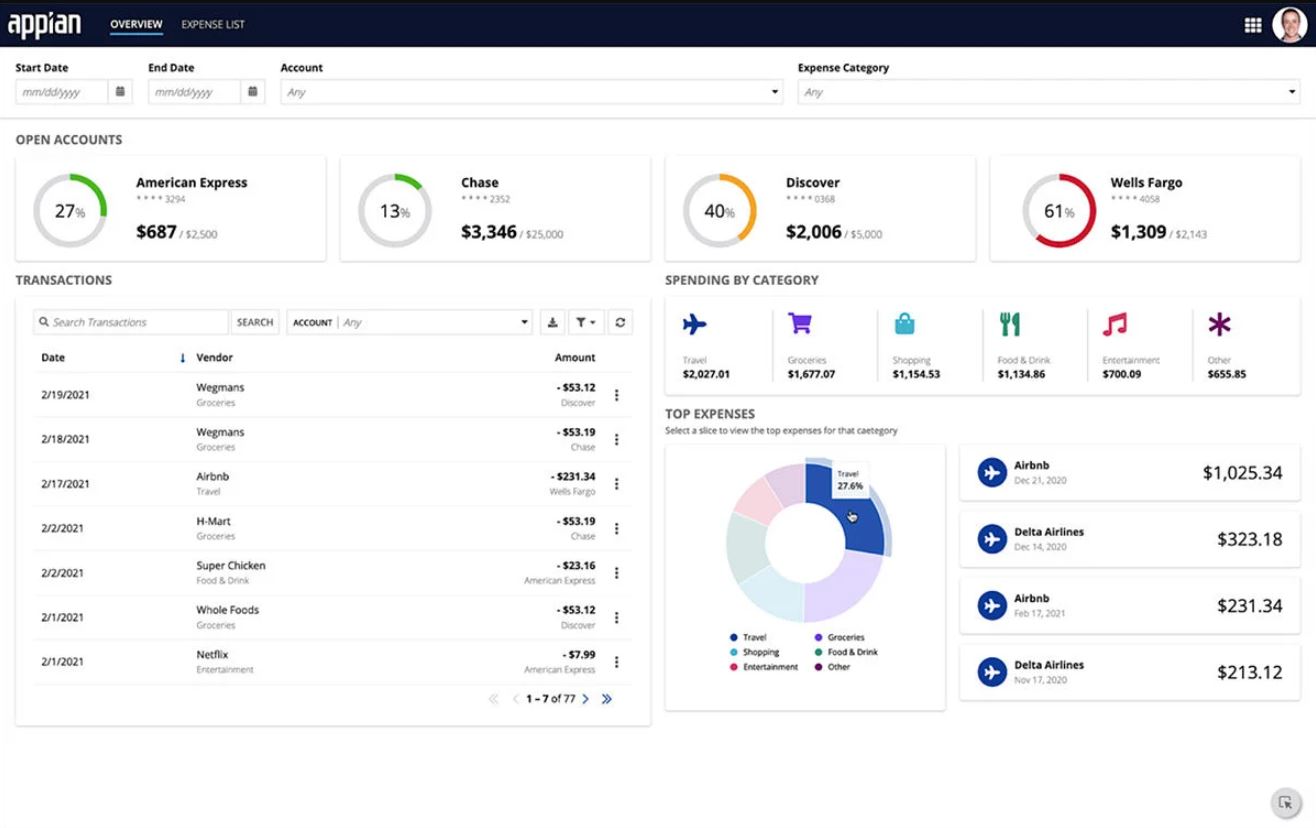

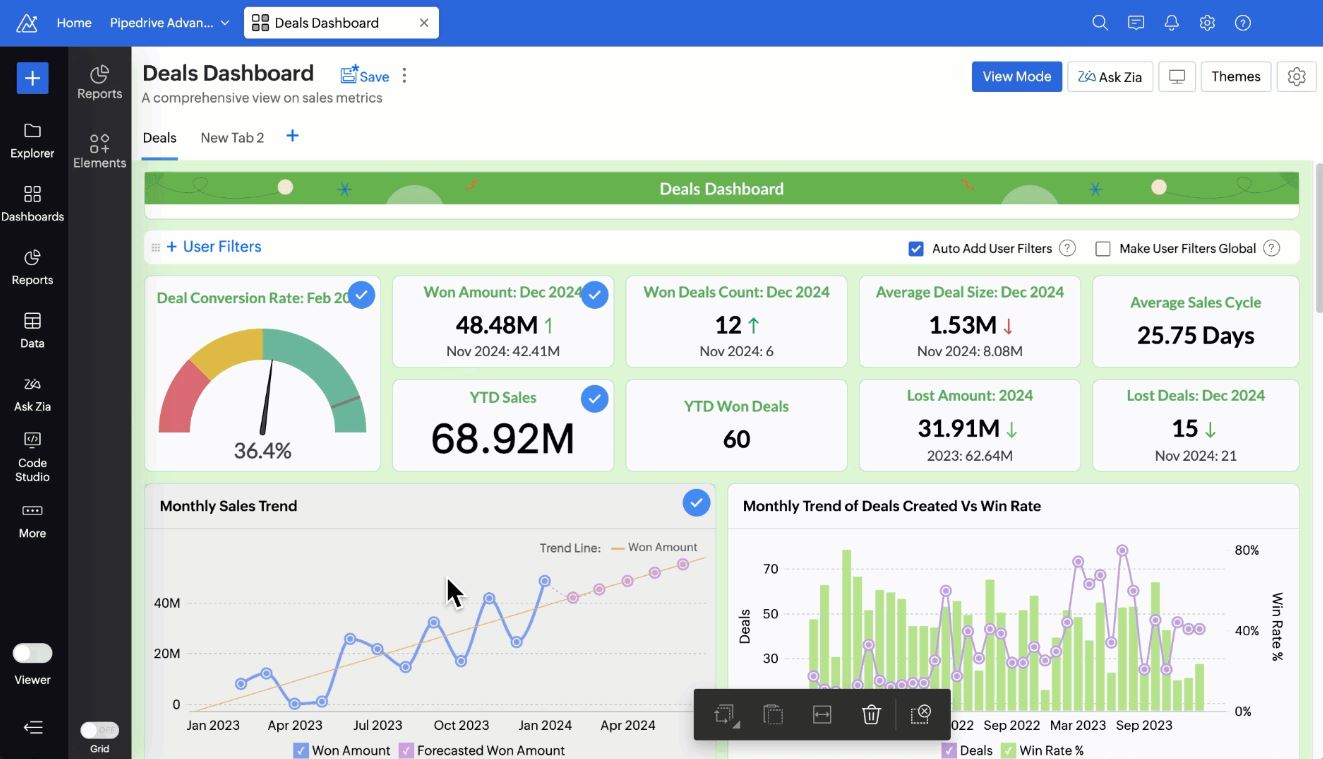
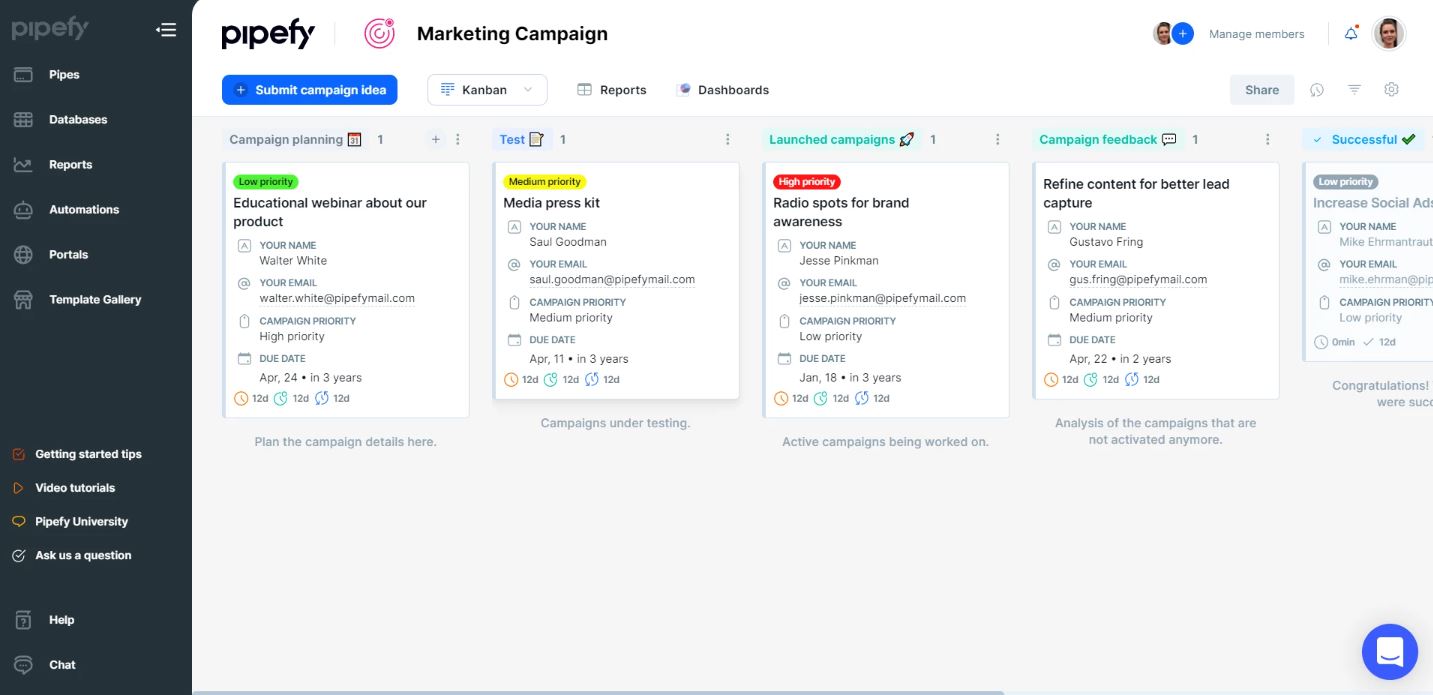
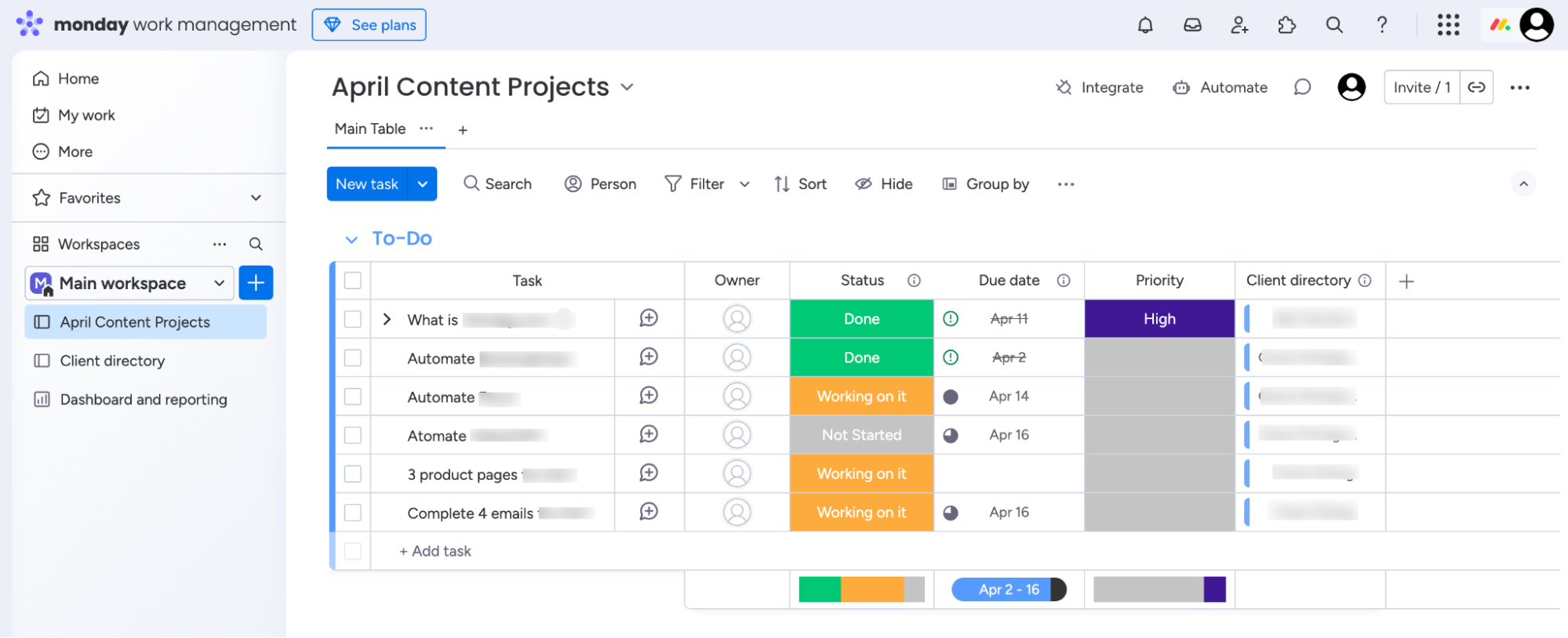
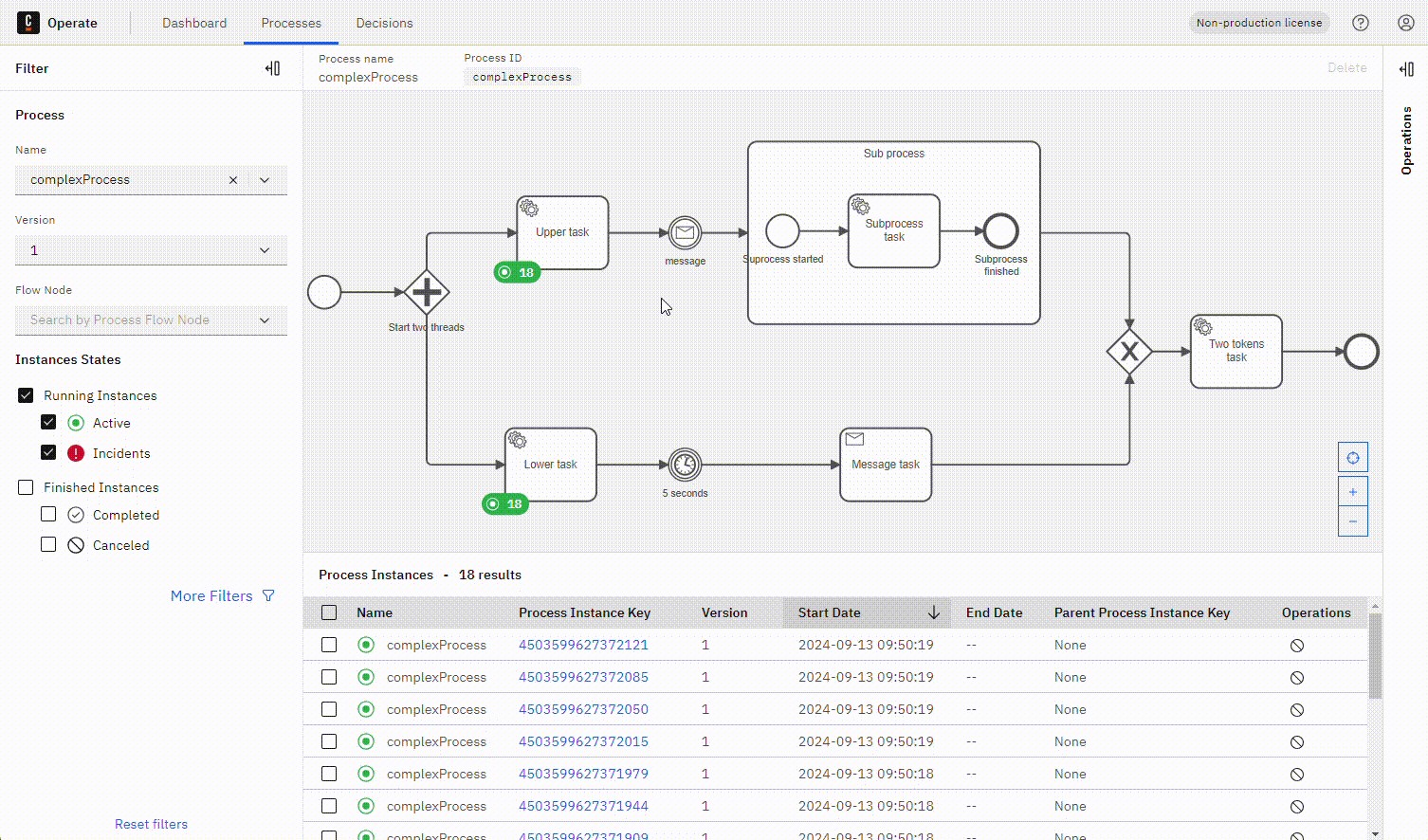
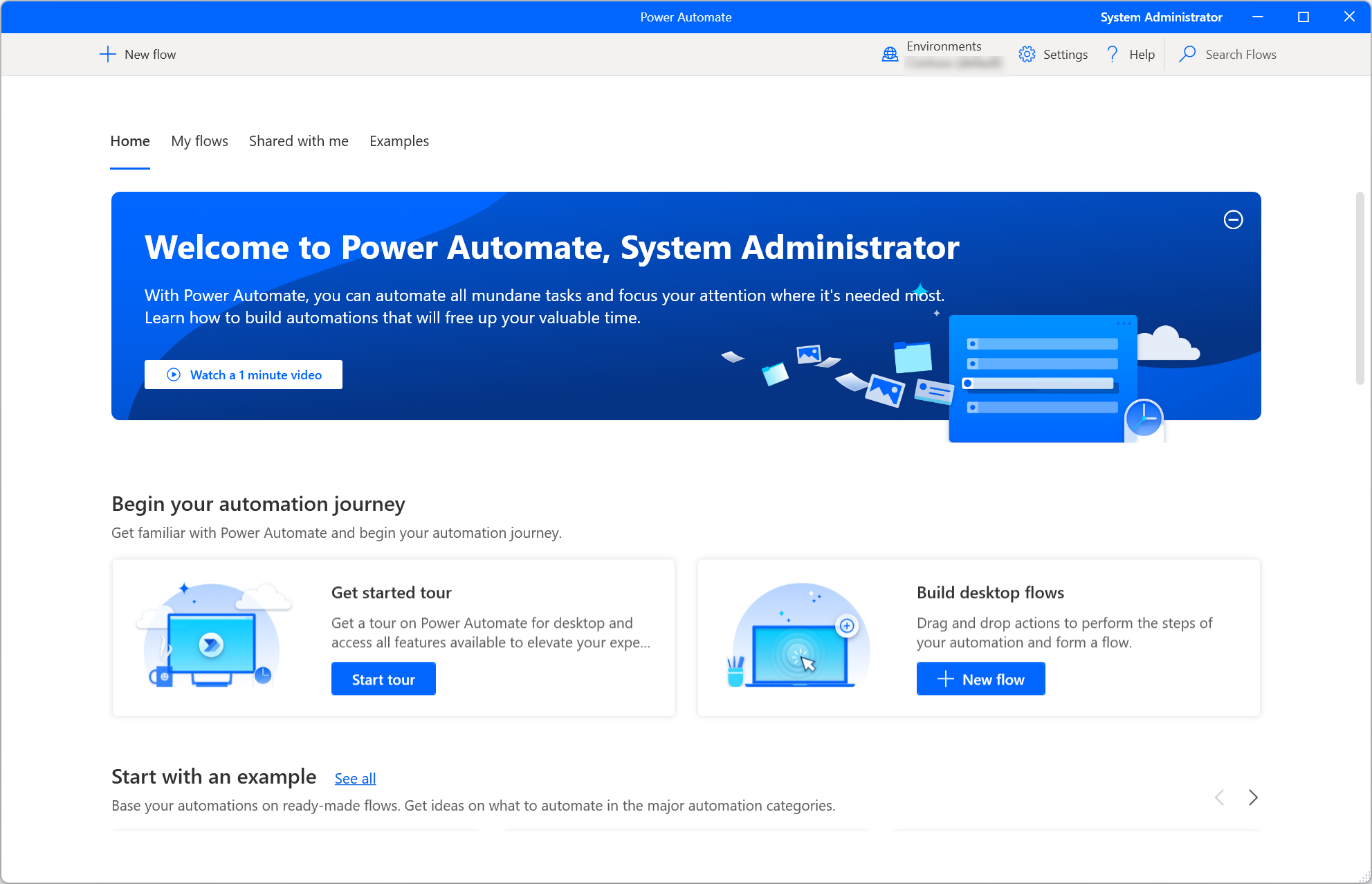
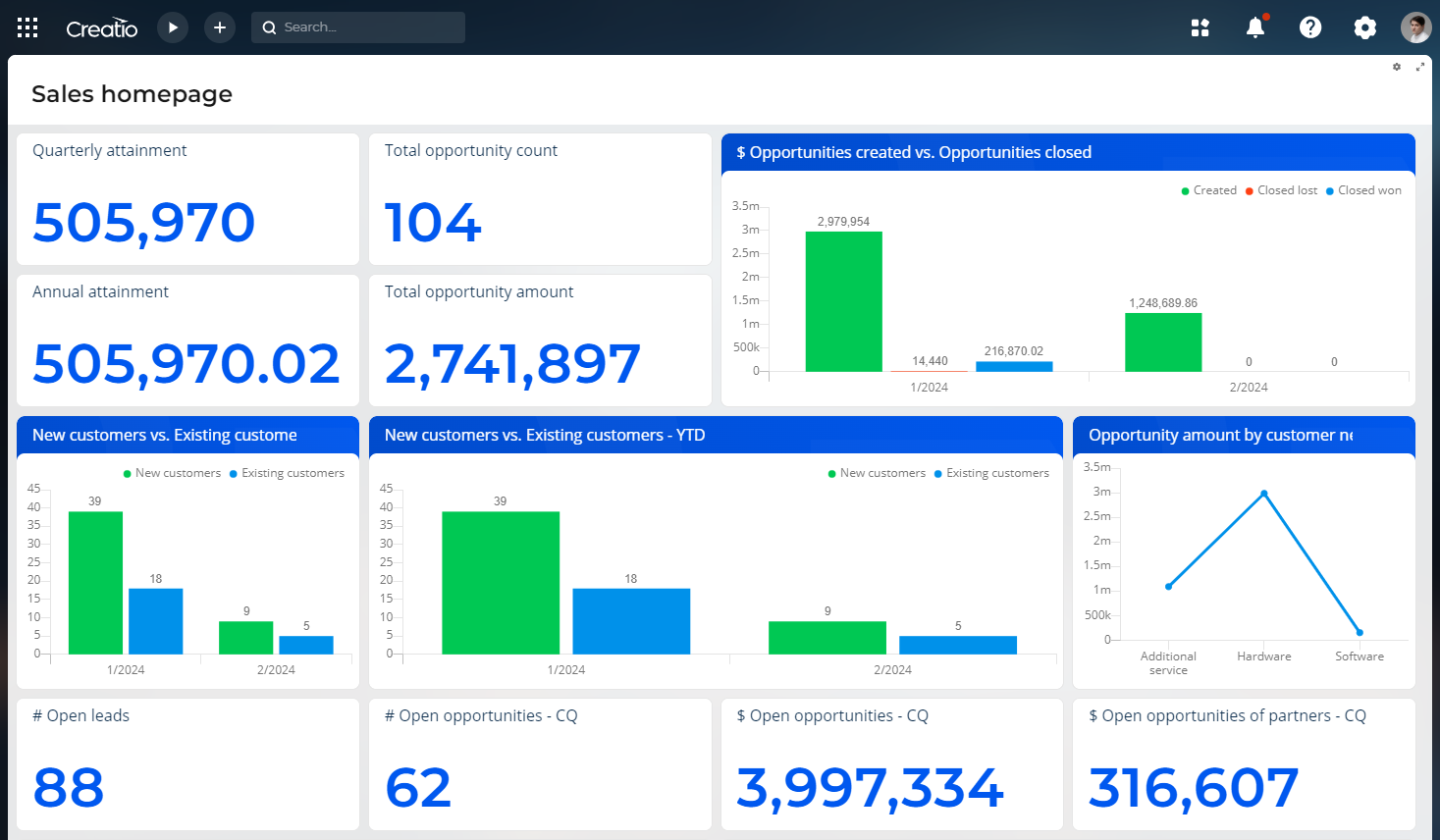

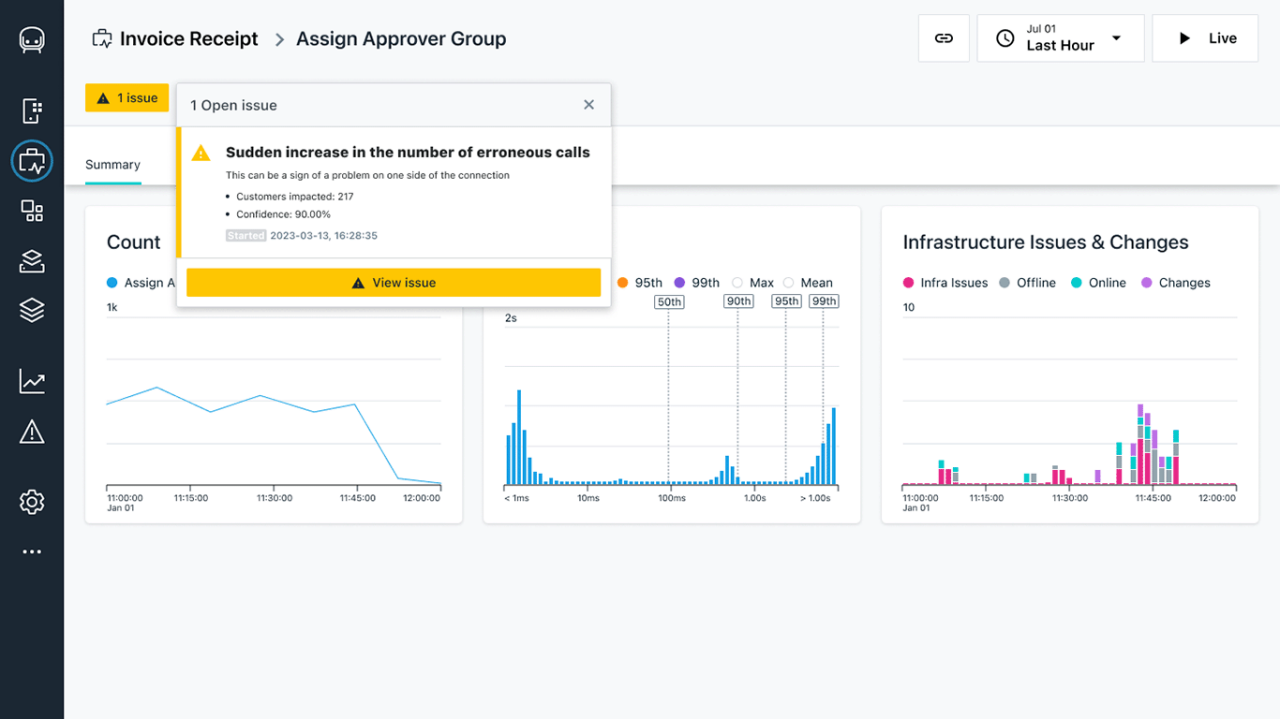
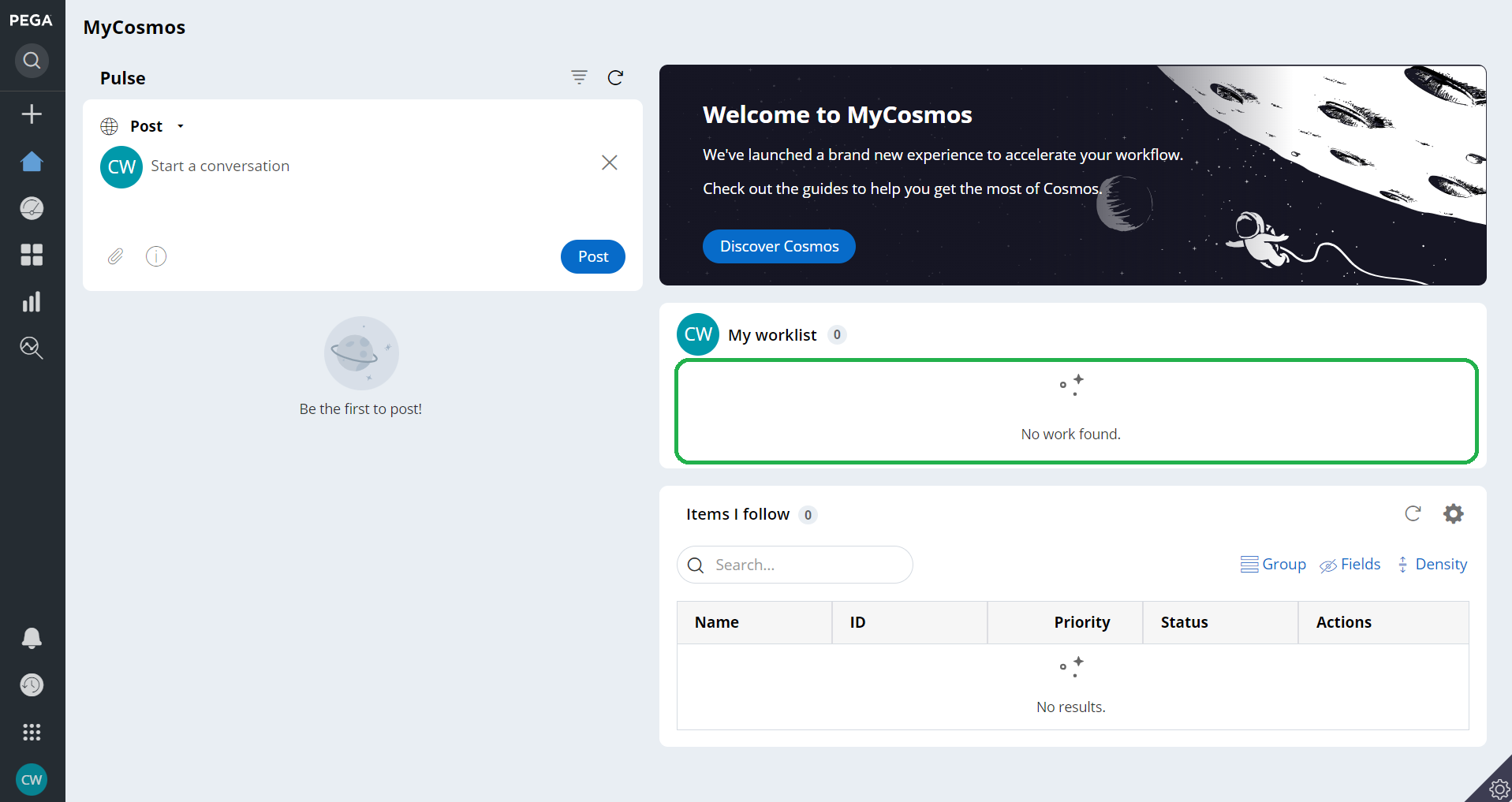
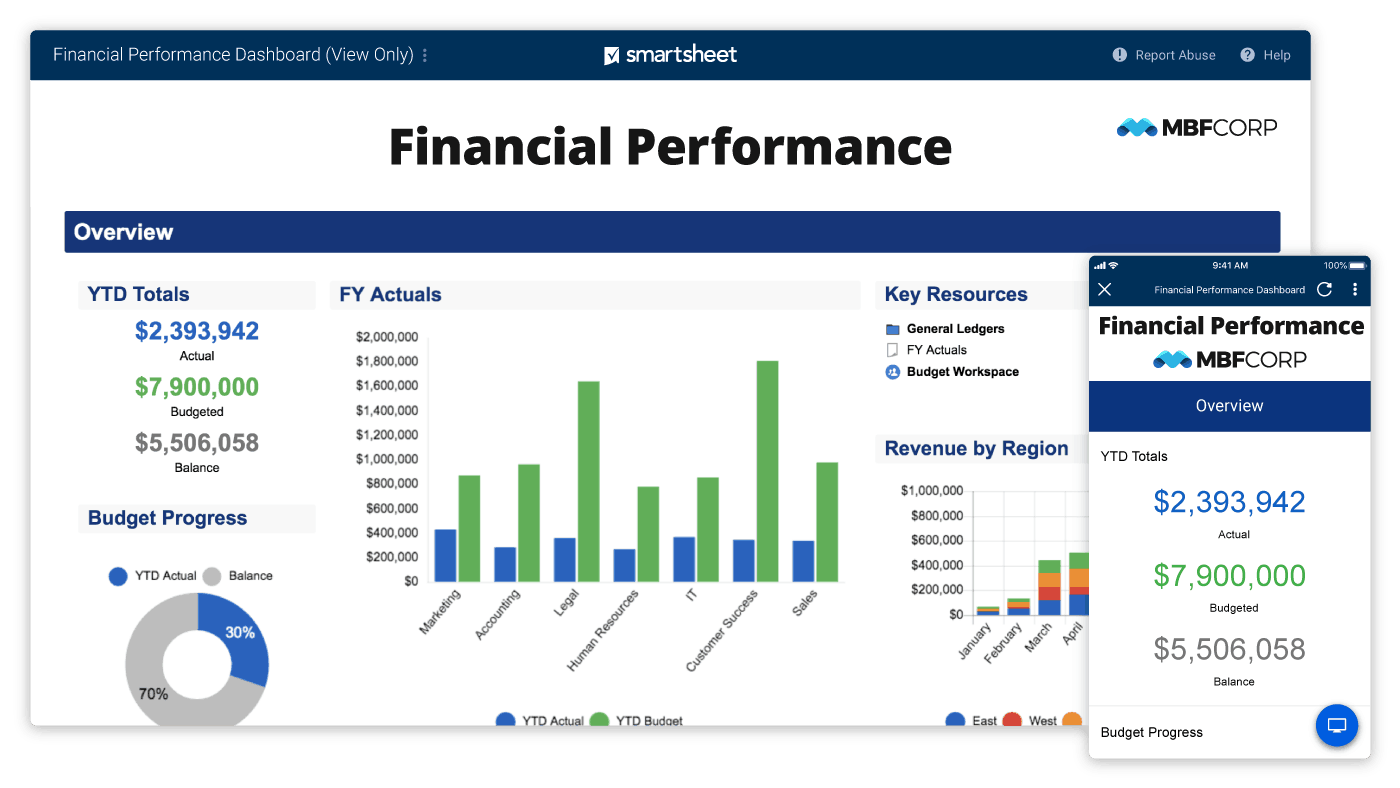





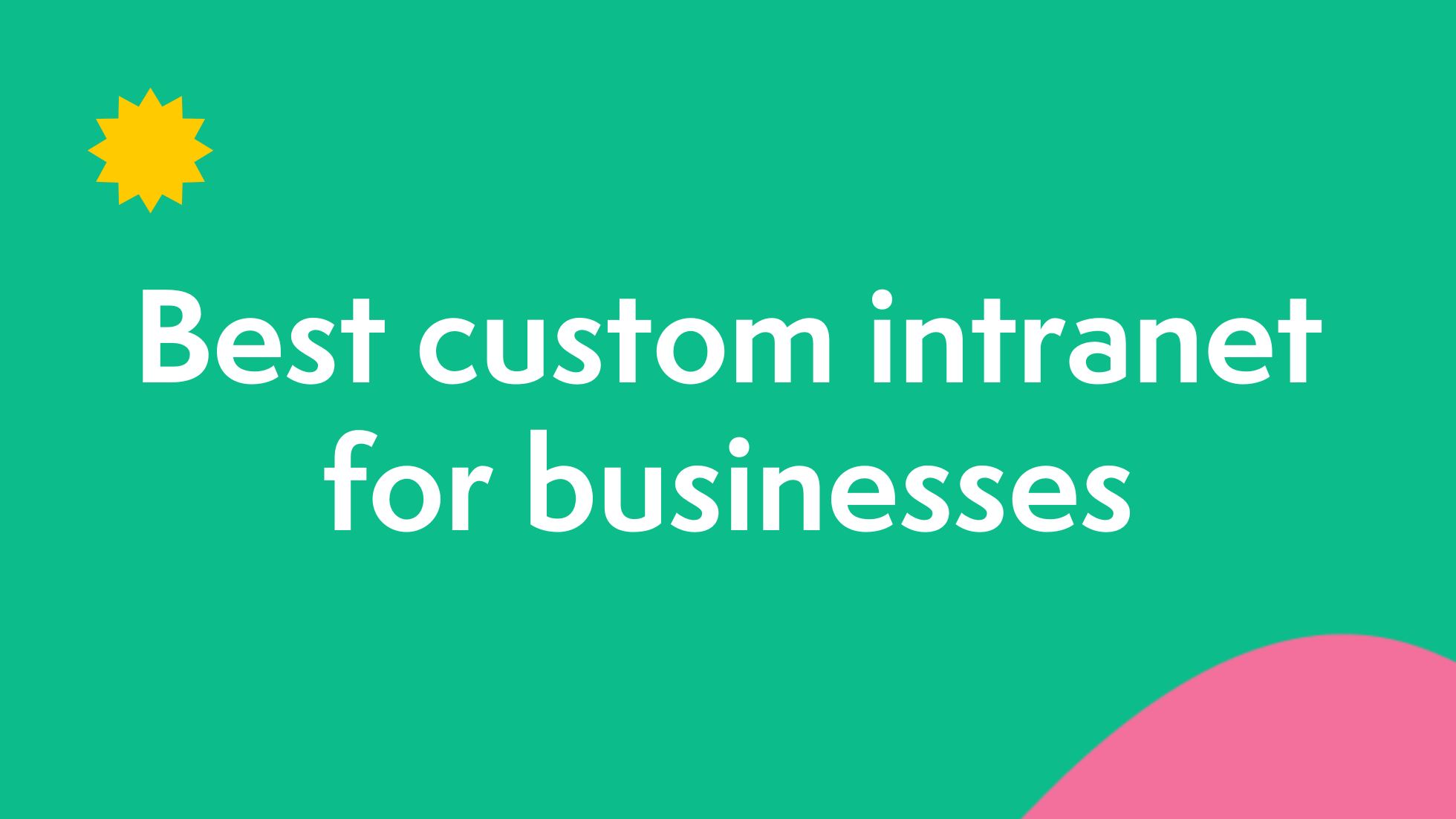
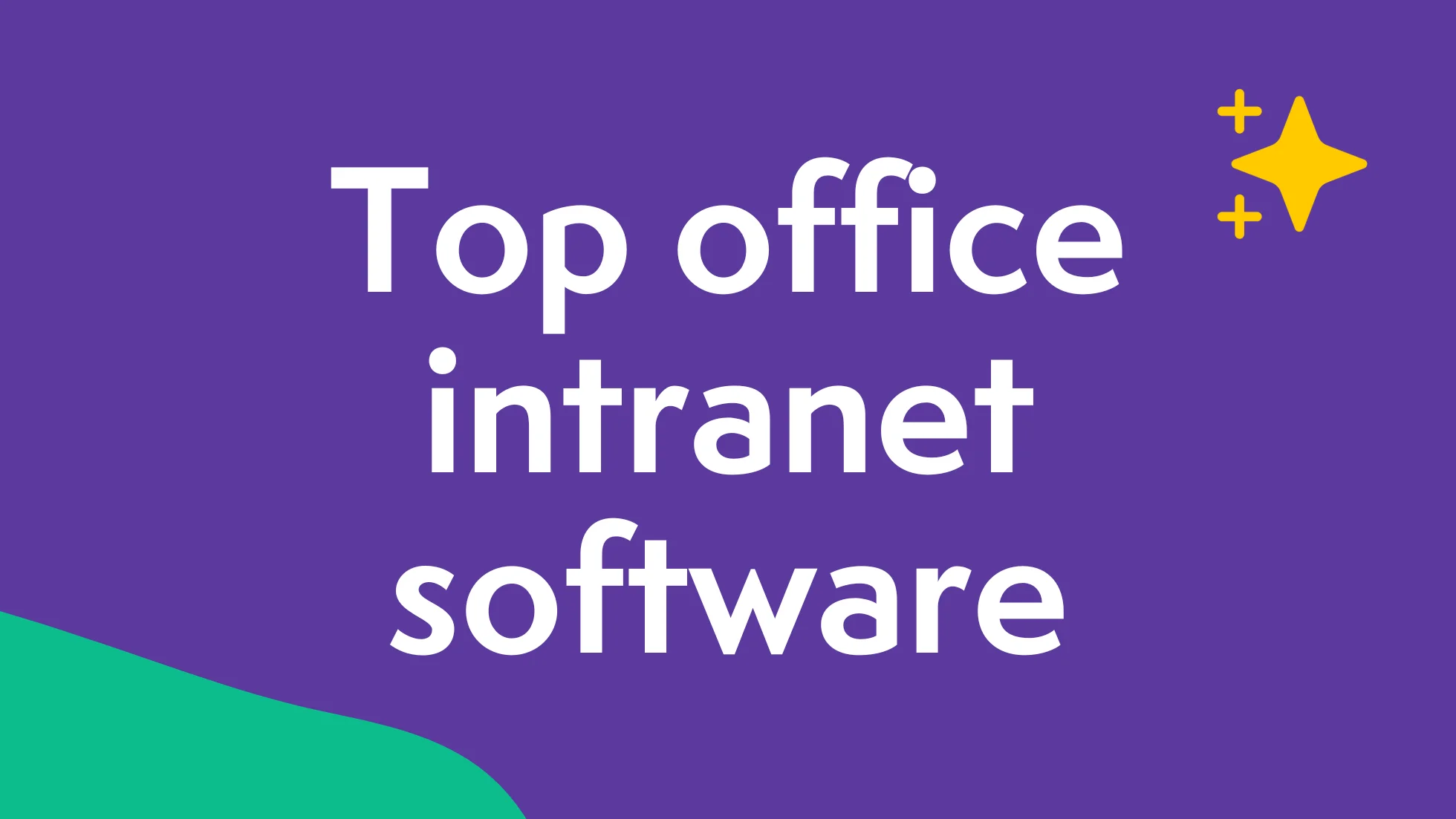

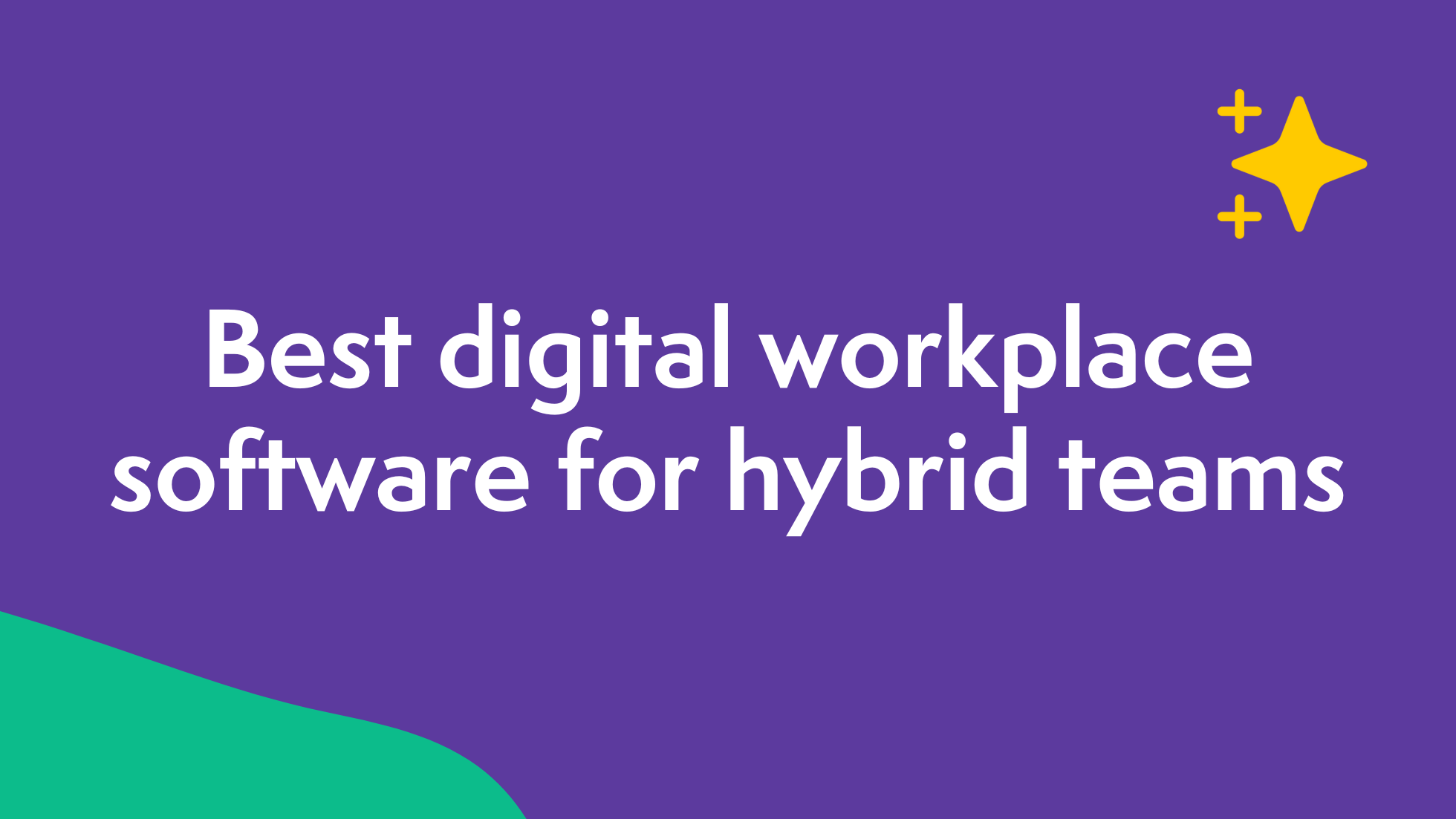


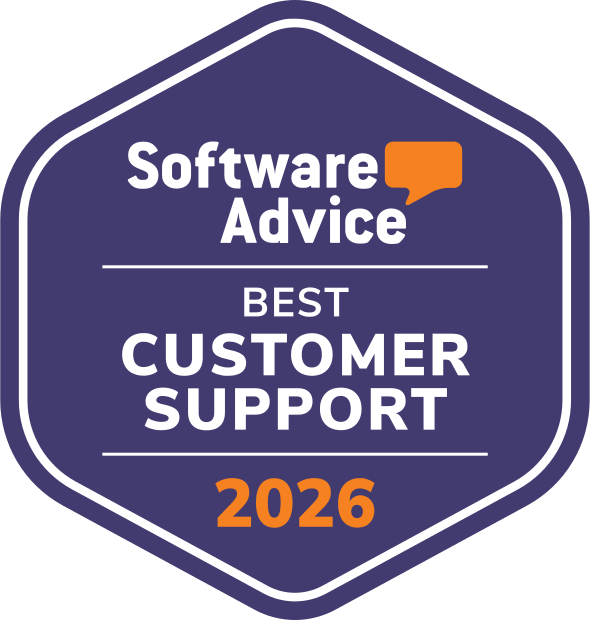
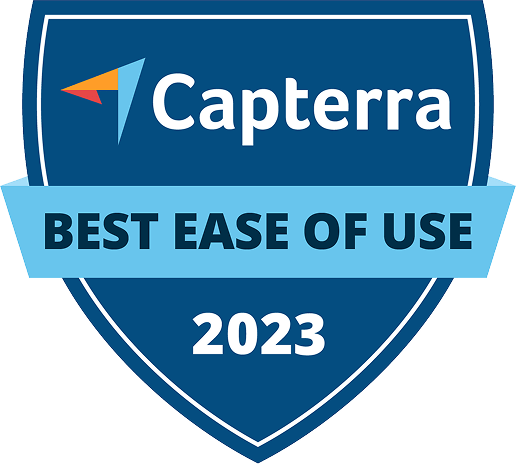

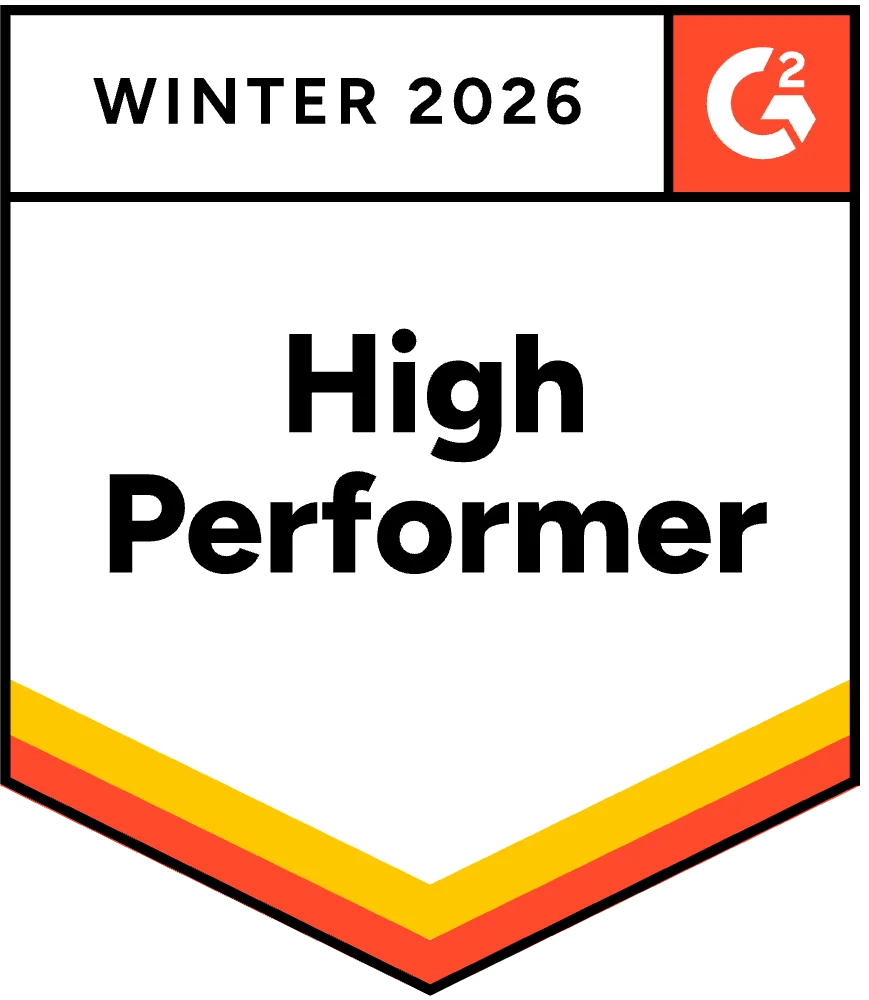

 info@axerosolutions.com
info@axerosolutions.com 1-855-AXERO-55
1-855-AXERO-55



